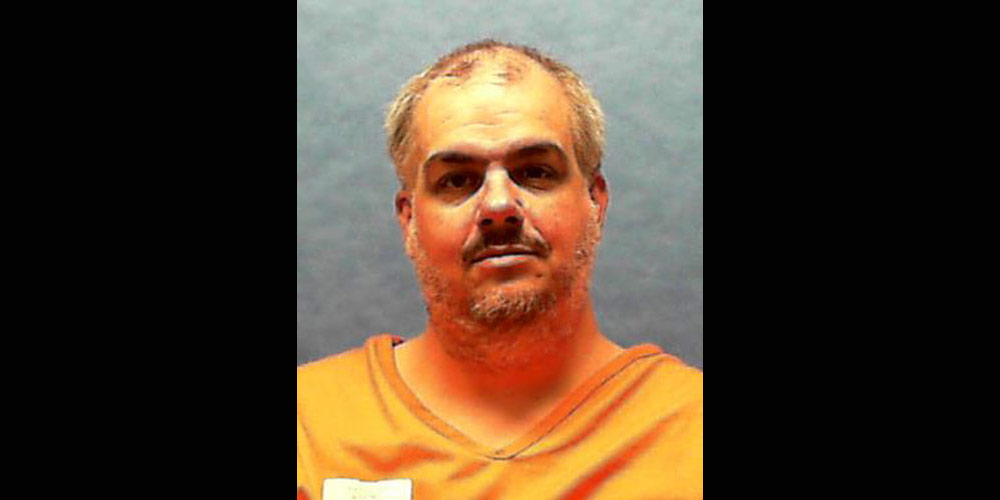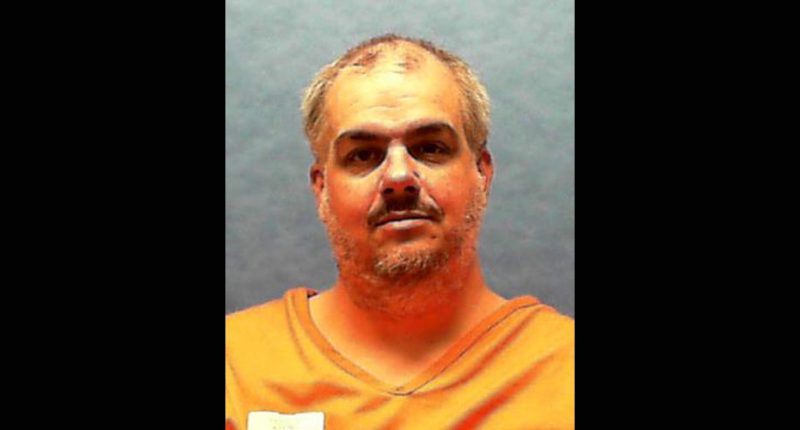
Michael Tanzi was put to death by lethal injection Tuesday evening at Florida State Prison, almost 25 years after he kidnapped a woman on her lunch break in Miami and murdered her in Monroe County.
Tanzi, 48, was pronounced dead at 6:12 p.m., hours after the U.S. Supreme Court rejected an appeal aimed at halting the execution.
He was sentenced to death in the April 25, 2000, murder of Janet Acosta, 49. Tanzi kidnapped Acosta, a Miami Herald employee, while she sat in her van reading a book during a lunch break. He sexually battered Acosta and drove to Monroe County, where he strangled her and disposed of her body, according to court records.
Acosta’s sister, Julie Andrew, and niece, Jennifer Vanderwier, attended the execution and said it brought closure.
“It’s over. It’s done. Justice for Janet happened,” Andrew told reporters. “My heart just felt lighter, and I could breathe again.”
Vanderwier described Acosta as adventurous with an “outrageous sense of humor.”
“Today is about Janet Acosta, and the life she lived, and the legacy she left behind,” Vanderwier said.
Tanzi, who also was accused in a Massachusetts murder, made a last statement that included apologizing to families of the victims. Much of the statement was difficult to hear from a witness viewing room.
The execution lasted 12 minutes, and Tanzi’s chest could be seen palpitating — a common sight during executions — for about three minutes. No movement was visible after 6:06 p.m.
Tanzi was the third inmate executed this year in Florida, after James Ford on Feb. 13 and Edward James on March 20. Also, Gov. Ron DeSantis has signed a death warrant for Jeffrey Hutchinson, who was convicted in the 1998 murders of his girlfriend and her three children in Okaloosa County. Hutchinson is scheduled to be executed May 1.
Tanzi woke at 4:45 a.m. Tuesday and met in the morning with a spiritual adviser, Department of Corrections spokesman Ted Veerman said. Tanzi’s last meal included a fried pork chop, bacon, a baked potato, corn, ice cream and a candy bar.
Twenty-three witnesses, along with Department of Corrections officials and reporters, were in the viewing room for the execution. Among the witnesses was Senate Minority Leader Jason Pizzo, D-Sunny Isles Beach.
After DeSantis signed a death warrant on March 10, Tanzi’s attorneys filed a flurry of arguments in state and federal courts seeking to halt the execution.
Last week, for example, the Florida Supreme Court rejected an argument that using the state’s lethal-injection procedure on Tanzi would violate the constitutional ban on cruel and unusual punishment.
That argument stemmed from Tanzi’s obesity and other medical conditions, which his attorneys said could result in issues such as a sedation drug in the lethal-injection procedure not fully taking effect and difficulties in placing intravenous lines.
In a final appeal to the U.S. Supreme Court, Tanzi’s attorneys focused on an issue about the role of the jury before Tanzi was sentenced to death in 2003.
The jury unanimously recommended the death penalty for Tanzi, with a judge then sentencing him. But pointing in part, to a 2024 U.S. Supreme Court opinion related to jury determinations, Tanzi’s attorneys argued that a jury must find what are known as “aggravating” circumstances to justify a death sentence.
Tanzi’s attorneys wrote that his “advisory jury made no findings at all, much less determinations of defined facts necessary to impose death.”
“Mr. Tanzi’s death sentence is — and always has been — unconstitutional at its core,” the attorneys argued.
But the Florida Attorney General’s Office disputed the arguments. The U.S. Supreme Court, as is common, did not explain the reasons for refusing to halt the execution.
–Jim Saunders, News Service of Florida










